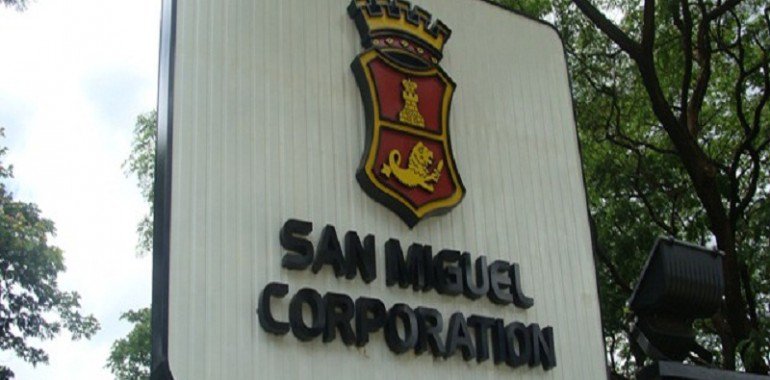The San Miguel Corp. (SMC)-backed Metro Rail Transit Line 7 (MRT 7) from Metro Manila to Bulacan has reached an overall progress rate of 62 percent and is on track to begin passenger operations by the end of 2022.
Transportation Secretary Arthur Tugade provided updates as project proponent SMC on Thursday unveiled the first 18 out of 108 train cars, manufactured by South Korea’s Hyundai Rotem, to the government entourage led by President Duterte.
Once completed, the 22-kilometer railway line is expected to reduce travel time from North Avenue, Quezon City, to San Jose del Monte, Bulacan, to just 35 minutes from the current two to three hours.
Ahead of passenger operations in December, the MRT 7 will also begin tests runs in April next year, according to the Department of Transportation.
The MRT 7 project will have 14 stations: Quezon North Avenue Joint Station, Quezon Memorial Circle, University Avenue, Tandang Sora, Don Antonio, Batasan, Manggahan, Doña Carmen, Regalado, Mindanao Avenue, Quirino, Sacred Heart, Tala and San Jose del Monte.
SMC said the line would serve around 300,000 passengers per day during its first year and an estimated 850,000 passengers daily on its 12th year.
“MRT 7 is a vital cog in our long-term goal to develop an integrated and interconnected transportation system where people from all income levels can get around and beyond the metropolis, quickly and efficiently,” SMC president Ramon Ang said.
“More than an affordable, reliable and efficient means to move people, MRT 7 signifies a turning point, in our resolve to promote equity and inclusivity across our cities. It’s a vehicle for opportunities, equity and better quality of life for Filipinos,” he added.
Groundbreaking
The MRT 7 project agreement was signed in 2008 with Universal LRT Corp., which was then acquired by SMC.
The project broke ground during the latter part of the Aquino administration while construction activities commenced months later after the Duterte government assumed power in 2016.
Once completed, MRT 7 passengers will also be connected to the MRT 3 and Light Rail Transit Line via the government’s common station project in Quezon City.
The MRT 7 is among SMC’s largest infrastructure investments after the P740-billion New Manila International Airport and urban center in Bulakan, Bulacan.
“The new airport and airport city will be part of the massive infrastructure network, making it easily accessible from Metro Manila via rail and expressway,” Ang said.
SMC is also one of the country’s largest expressway operators with a footprint spanning the Metro Manila Skyway, South Luzon Expressway, Ninoy Aquino International Airport Expressway, Star Tollway and Tarlac Pangasinan La Union Expressway.
“Without the continued support of our partners in government and the cooperation of motorists and the public, we wouldn’t be where we are today,” Ang said.
